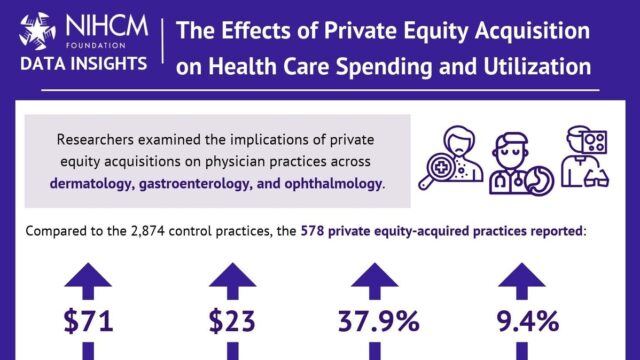The role of private equity in rural healthcare is a topic of fervent debate, with opinions being split almost down the middle. A recent LinkedIn poll conducted by Becker’s shows that two-thirds of respondents believe private equity can contribute to improving the state of rural healthcare. The breakdown of the response reveals that 48% believe private equity plays a significant role, while 18% believe its role is minor. However, 31% of the participants believe that private equity has no role to play in rural healthcare.
A Controversial Role
While the majority of respondents see a role for private equity in healthcare, the nature of that role remains controversial. Some respondents expressed skepticism and even outright hostility towards private equity’s involvement in the healthcare sector. These critics argue that the primary focus of private equity is profit-making, which can undermine the quality of healthcare services and compromise patient outcomes. A case in point is the statement of a respondent who claimed that private equity ‘destroys healthcare.’
Moreover, the increasing involvement of private equity firms in the healthcare industry has triggered public outrage and legislative scrutiny. A report by Alabama Reflector highlights that private equity firms have been purchasing hospitals in increasing numbers, leading to service cutbacks, layoffs, and closures. The report further points out that state laws and enforcement can modify the course of these actions, with about half the states enacting related laws last year.
Financial Transactions and Business Structures
The complex financial transactions and business structures of private equity firms often make it difficult for state lawmakers, judges, and others to decipher exactly what these firms are doing. This opacity is a source of public concern as it may enable private equity firms to prioritize profit over people’s health and lives. However, some states have been proactive in enacting laws and pursuing bills to better protect communities from exploitative financial transactions.
Private Equity and Patient Outcomes
A new report aims to hold private equity buyers of hospital systems accountable, showing that patient health outcomes are poorer at private equity-owned hospitals. It is noteworthy that private equity investors have spent 1 trillion acquiring healthcare companies over the past decade, with nearly 400 U.S. hospitals now owned by private equity investors. This represents 1 out of every 3 for-profit hospitals.
The Need for Funding and Virtual Care Services
Despite the concerns and criticisms, some argue that private equity can be a vital source of funding for the expansion of healthcare services in rural areas. Tanya Grilli, an administrator at Lehigh Valley Health Network, highlights the importance of virtual care services in improving rural healthcare. She emphasizes the need for funding to expand these services but expresses concern about private equity’s focus on profit rather than enhancing people’s health and well-being.
The role of private equity in healthcare is a complex issue with valid arguments on both sides. It is crucial to balance the need for funding and innovation with the overarching goal of improving health outcomes and ensuring that healthcare serves the needs of all, especially the most vulnerable populations in rural areas.



